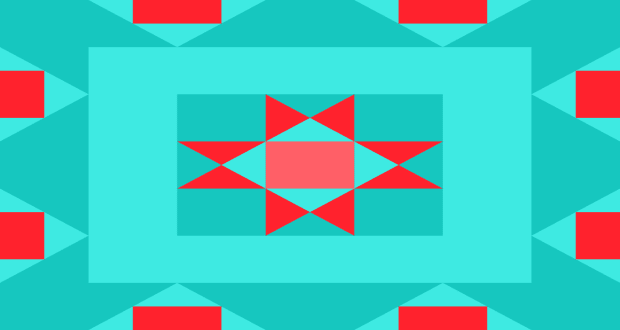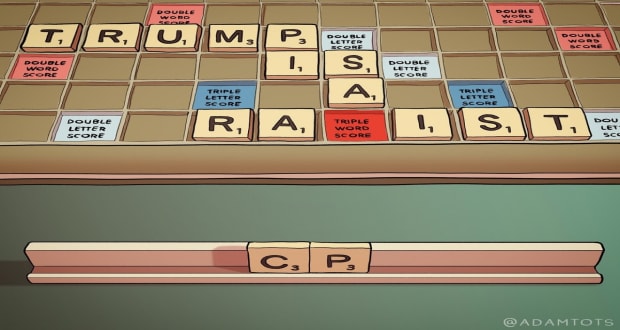Australian Communications Minister Malcolm Turnbull has barely even finished introducing piracy site-blocking legislation into the parliament, and already the Helen Lovejoys of the world are trying to get it expanded into a much larger internet censorship scheme.
The legislation introduced into parliament in March would allow film studios, TV companies, and other copyright holders to apply to the court to get specific sites hosted outside of Australia and alleged to be primarily for the purpose of copyright infringement blocked by Australian internet service providers (ISPs).
The court will ideally examine the sites involved, and ensure that they meet all the conditions before ordering a block, though this is not guaranteed at this point.
If the ISPs are ordered to block a site, they can do so in a number of ways — through DNS, IP address blocking, or URL blocking. The exact method, too, has yet to be determined.
Turnbull has stressed that because the court must approve sites being blocked, it is not an internet filter.
It will be a court, not the government, that will determine which sites are blocked. Moreover, this is not an automatic process, but determined by a court with all of the normal protections of legal due process. In other words, a judge will make the decision, after hearing evidence and argument, not an algorithm in the software operating a router,
he said.
The lack of an automated process of filtering types of sites means it is not a filter, according to the minister.
Others seem to disagree, however.
Far be it for me to allow the Australian Christian Lobby (ACL) to define the meaning of anything ever, but it has described the scheme as an internet piracy filter
and called on the government to look at implementing a default clean feed to protect children
— via redwolf.newsvine.com















 RSS – Posts
RSS – Posts